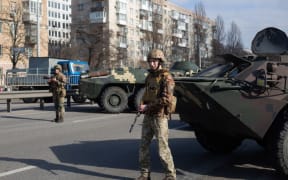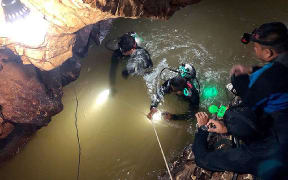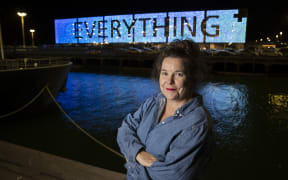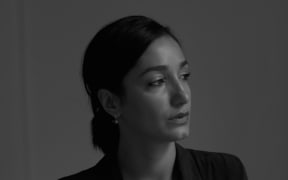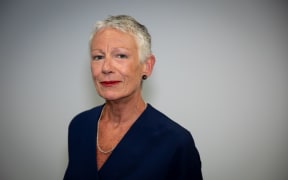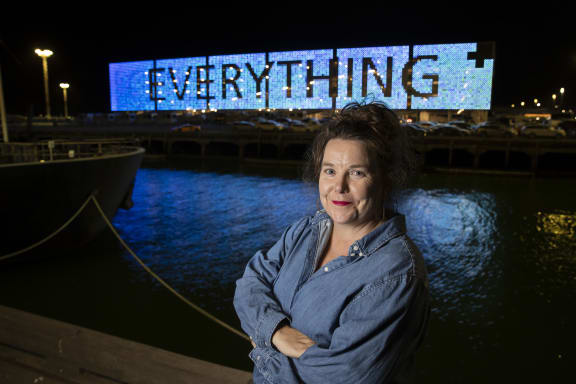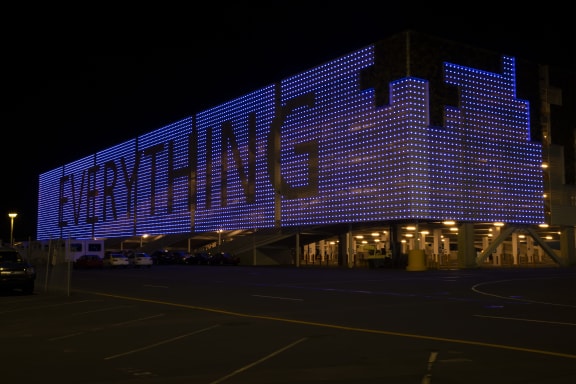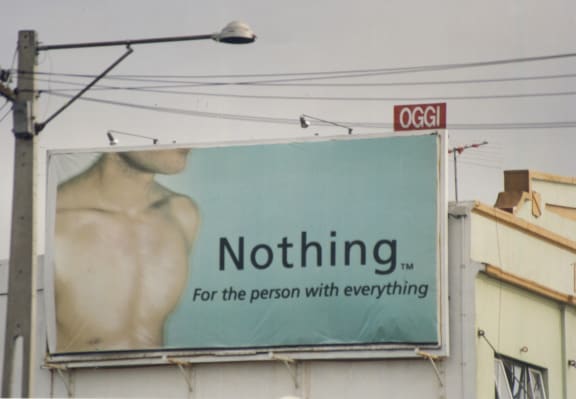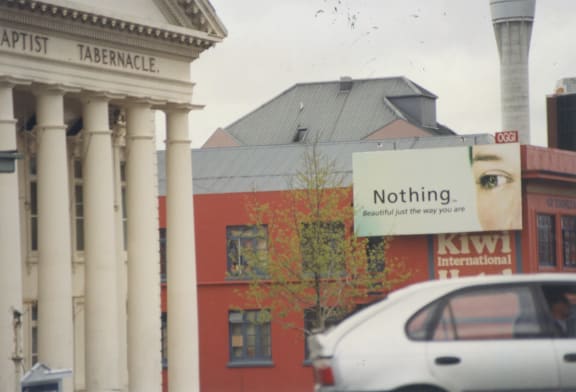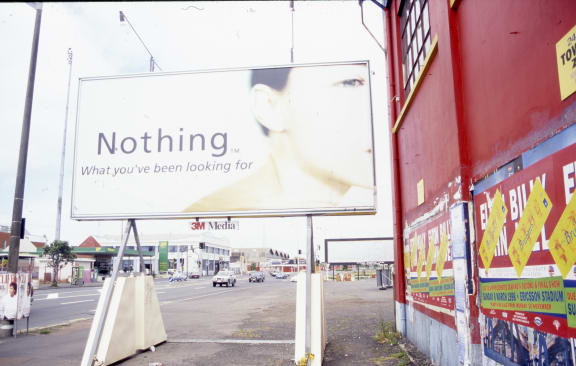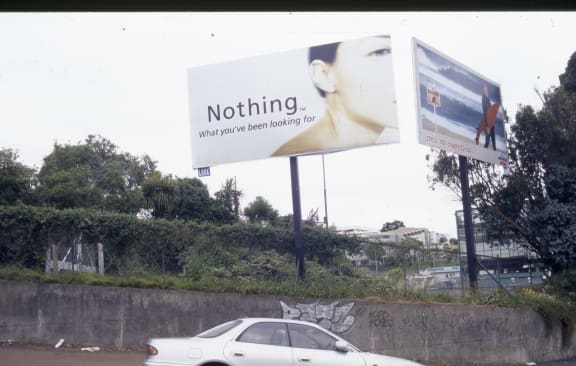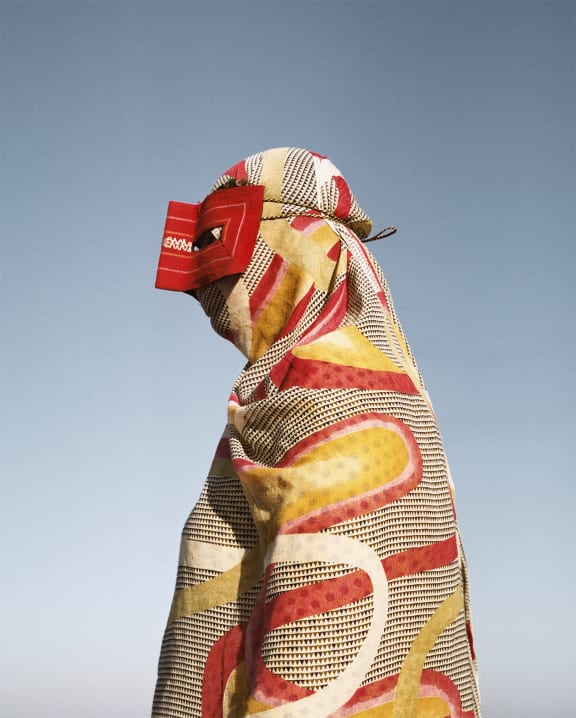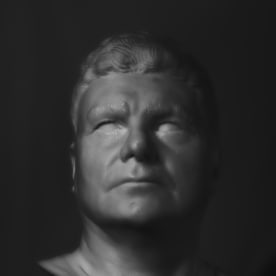Saturday Morning for Saturday 26 February 2022
8.10 Ukraine invasion: update from the capital Kyiv
The Ukrainian capital of Kyiv was rocked by explosions as residents woke to a second day of Russia's invasion on Friday morning, local time. Ukraine authorities say it was their own forces downing enemy aircraft over the city.
Many of the city's residents took refuge in the underground train stations, which have remained open to serve as bomb shelters.
Kyiv correspondent Jessica Golloher joins the show with the latest developments.
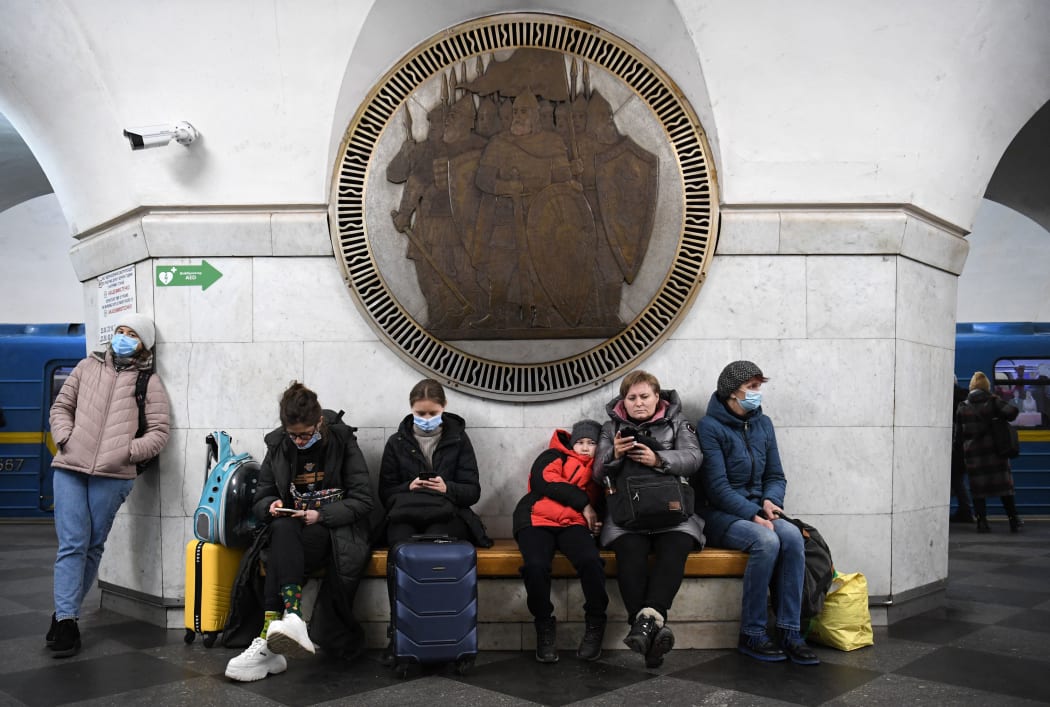
Photo: AFP
8.15 Prof Stefan Wolff: what the West needs to do now
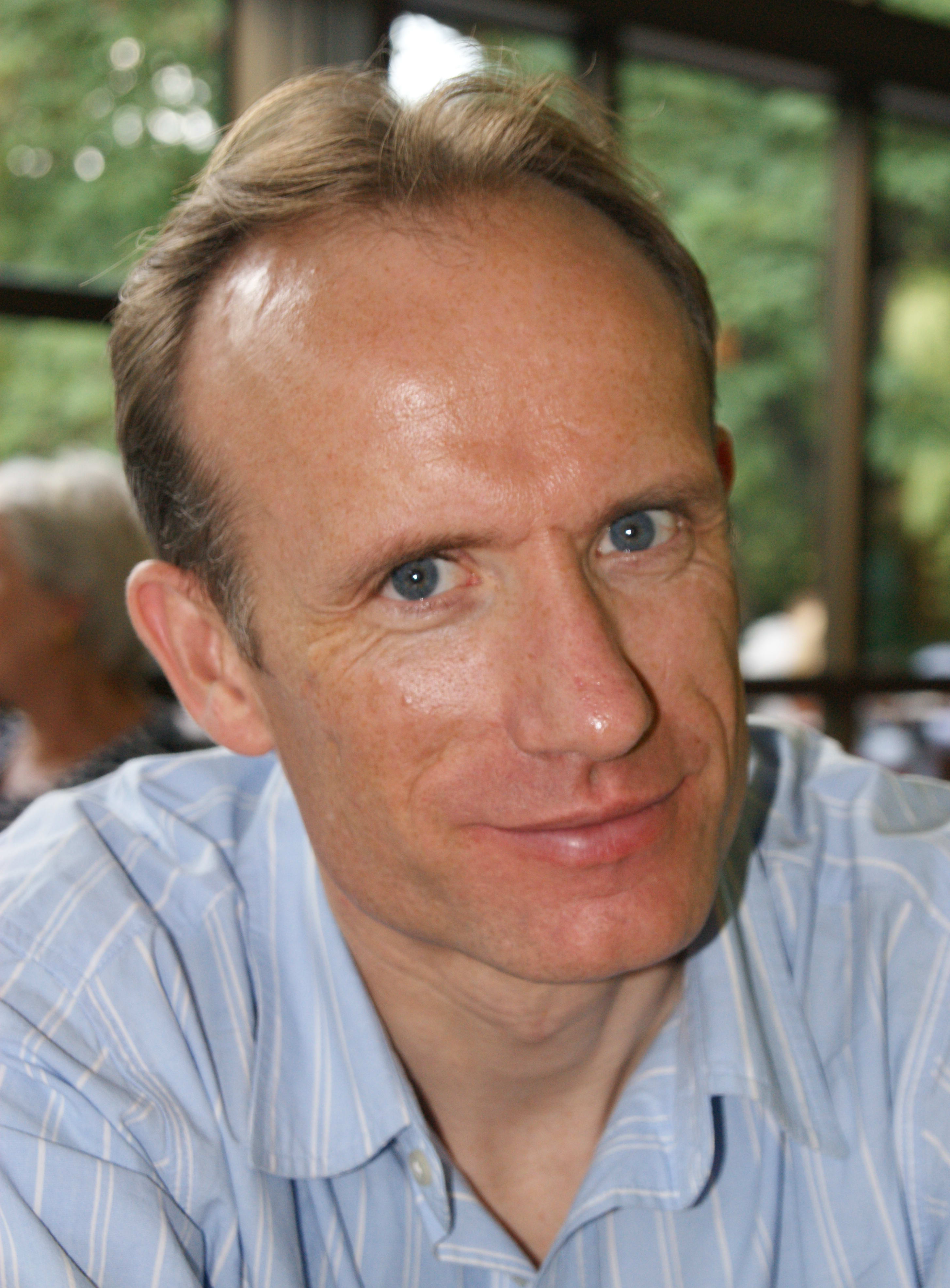
Photo: Supplied
Stefan Wolff, a professor of International Security at the University of Birmingham, says diplomacy has failed to deter Putin and pull Russia back from the brink — and it is unlikely to be useful in the current situation.
Wolff says Putin keeps pushing, and now it's time for the West to push back more seriously.
In a piece he wrote for The Conversation, Wolff says there should be increased sanctions on Russia - including on Putin and his inner circle and their families. He says it is also important for the West to cooperate with China as much as possible.
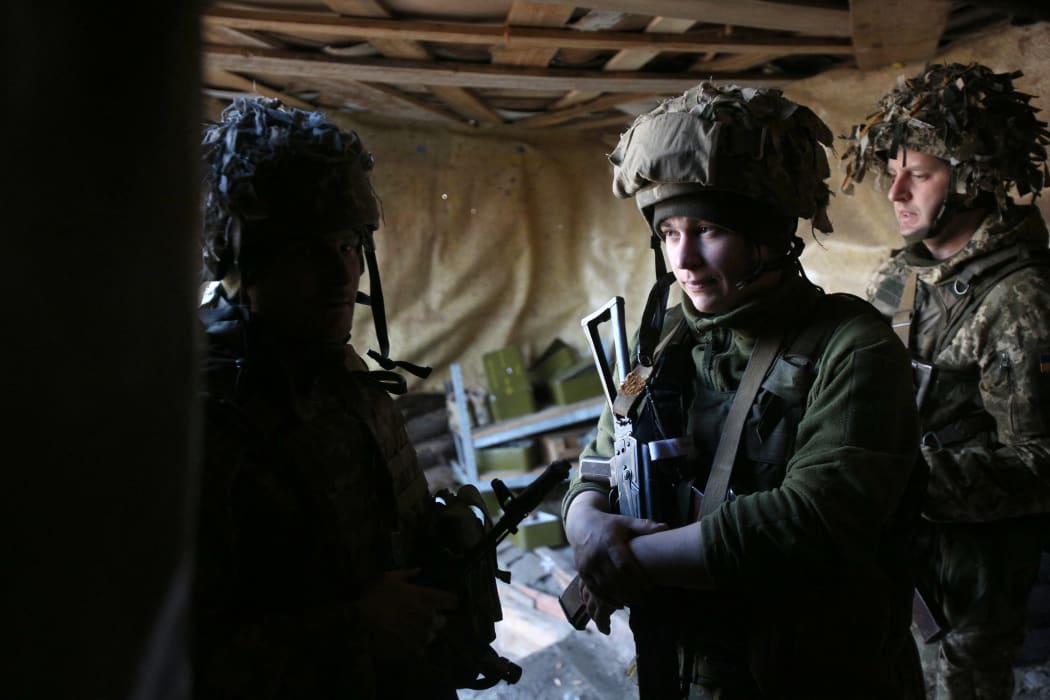
Photo: Getty Images
8.35 Prof Kurt Krause: why don’t we have effective anti-virals?

Photo: Alan Dove Photography
Daily community cases of Covid-19 surpassed the 12,000 mark on Friday, almost double the figure from the previous day. With record numbers of people becoming ill, anti-viral treatments have been hailed as a game changer that could cut down the number of hospitalisations and deaths from the disease.
Last year the government announced it had advanced purchase agreements for 60,000 doses each of Molnupiravir and Paxlovid, but neither is available here yet and global demand is outstripping supply.
Professor Kurt Krause from the Department of Biochemistry and University of Otago says we should be looking to manufacture and develop our own anti-viral treatments and vaccines in New Zealand.

Pfizer in the making of its Covid-19 antiviral pills, Paxlovid, in Freiburg, Germany in 2021. Photo: Handout / Pfizer / AFP
9.05 British divers share gripping details of Thai Cave rescue
In 2018, the whole world was captivated by the story of Wild Boar football team that had gone missing in Thailand. The 12 young footballers and their coach were missing for nine days before they were discovered deep within a flooded cave system, where they had been trapped without food or clean water.
Civilian cave divers Rick Stanton and John Volanthen were the first people to find the team alive and well, after diving further into the Tham Luang cave than anyone had managed before.
The incredible story is now told in the BAFTA-nominated documentary The Rescue, now screening on National Geographic.
9.35 Fiona Jack: the artist going from Nothing to Everything
Twenty-five years since the creation of her work Nothing™, artist Fiona Jack is sharing a massive new LED light work entitled Everything on the Auckland waterfront.
In the late 1990s, when Jack was a graphic design student she took over 33 billboards in central Auckland with advertisements for Nothing™ as a comment on consumerism. The billboards were so convincing they prompted enquiries on where to buy Nothing™.
Jack recently took up the role of acting head of Elam School of Fine Arts and Design at the University of Auckland.
Everything is on display until 30 March at The Lightship, at Bledisloe Wharf. It is best viewed at night.
10.05 Prof David Marples: Putin’s true motives for invading Ukraine
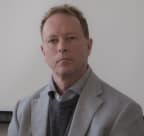
Photo: Supplied
When Professor David Marples joined the show earlier this month he said he believed there would be a Russian attack on Ukraine within the next few weeks, as Putin had reached a ‘point of no return’.
With a full-scale invasion of Ukraine now underway, Putin has claimed the attack is “a special military operation” to defend the populations in the breakaway republics of Donetsk and Luhansk from a “genocidal” regime.
Marples, a professor of Russian and East European history at the University of Alberta, says few people in Russia care about the republics, leaving the question: what is Putin’s true motive?
Marples is the editor of the recently published The War in Ukraine’s Donbas: Origins, Contexts, and the Future.
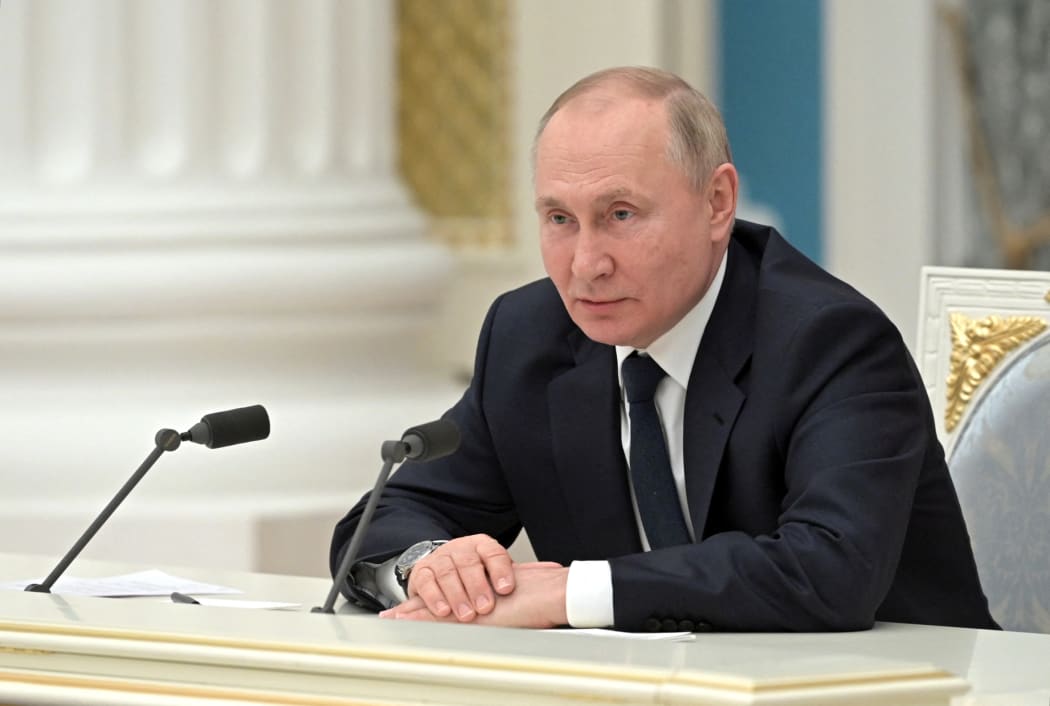
Photo: AFP
10.35 Ezra Hirawani: Māori energy retailer empowering people
Ezra Hirawani is the co-founder of the country’s first kaupapa Māori electricity retailer Nau Mai Rā. Established in 2019, the company’s goal is to empower both Māori and non-Māori customers with a model that forgoes credit checks and promises to never turn the lights off.
Having grown up outside of te ao Māori, Hirawani began the journey of reconnecting with his heritage after returning from a trip to China, where he had traveled to further his business studies. After discovering power poverty was one of the key challenges faced by whānau, Hirawani decided to make a change.
Hirwani is one of three finalists for the Young New Zealander of the Year announced this week.
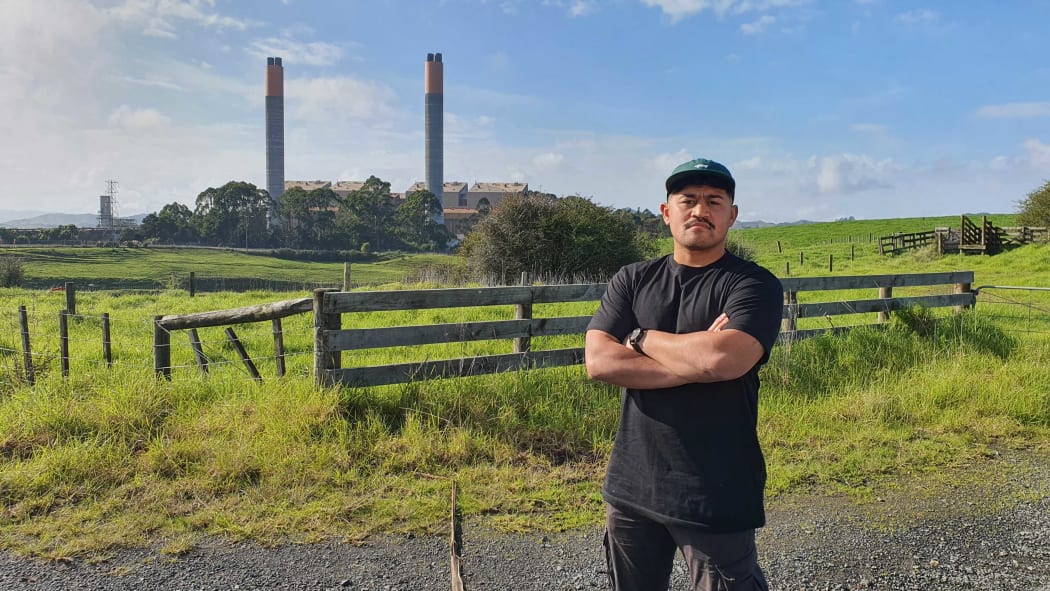
Photo: Supplied
11.05 Hoda Afshar: whistleblowers and possession by the wind

Photo: Timothy Johanessen
On the islands off the coast of Iran in the Strait of Hormuz there’s an ancient belief the winds can possess you, causing illness or disease. Island residents practice a ceremony in which the wind is spoken to through the afflicted patient to negotiate its exit.
Iranian-Australian photographer Hoda Afshar has been visiting the islands since 2015 and recently published her photobook Speak the Wind. Raised in Tehran during the war between Iran and Iraq, Afshar is interested in finding new ways to approach documentary image-making. Her most recent series involves ‘3D photographs’ of political whistleblowers.
Afshar was due to speak at Photobook/ NZ during the Aotearoa New Zealand Festival. Photobook/ NZ has now been rescheduled for August.
11.35 Vincent O'Sullivan: Frankenstein’s creature in Fiordland
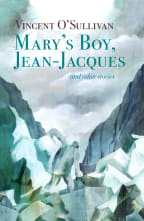
Photo: Supplied
What if Dr Frankenstein’s monster had been cast away in a fjord in Aotearoa’s deep south? This is the proposition explored by Vincent O’Sullivan in Mary’s Boy, Jean Jacques, and other stories out next month. O’Sullivan takes inspiration from Mary Shelley's 1818 novel Frankenstein.
Based in Dunedin, O’Sullivan is a true ‘man of letters’. He has won the New Zealand Book Awards across the categories of fiction, poetry, and non-fiction, last in 2021 for his biography of Ralph Hotere.
Last year Victoria University Press published his poetry book Things OK With You? and his play Small Acts of Malice premiered in Dunedin.
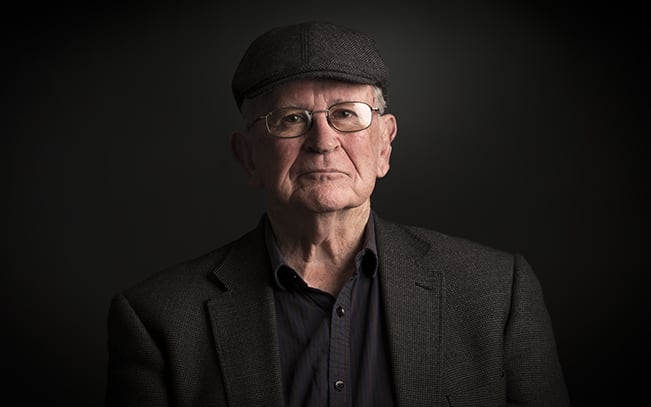
Photo: Grant Maiden
Books featured on this show:
The War in Ukraine’s Donbas: Origins, Contexts, and the Future
Edited by David R.Marples
Publisher: Central European University Press
ISBN: 9789633864197
Speak the Wind
By Hoda Afshar
Publisher: Mack Books
ISBN: 9781913620189
Mary’s Boy, Jean Jacques, and other stories
By Vincent O’Sullivan
Publisher: Victoria University Press
ISBN: 9781776920006
Music featured on the show:
Wolves
By Hurray for the Riff Raff
Played at 9.35am

